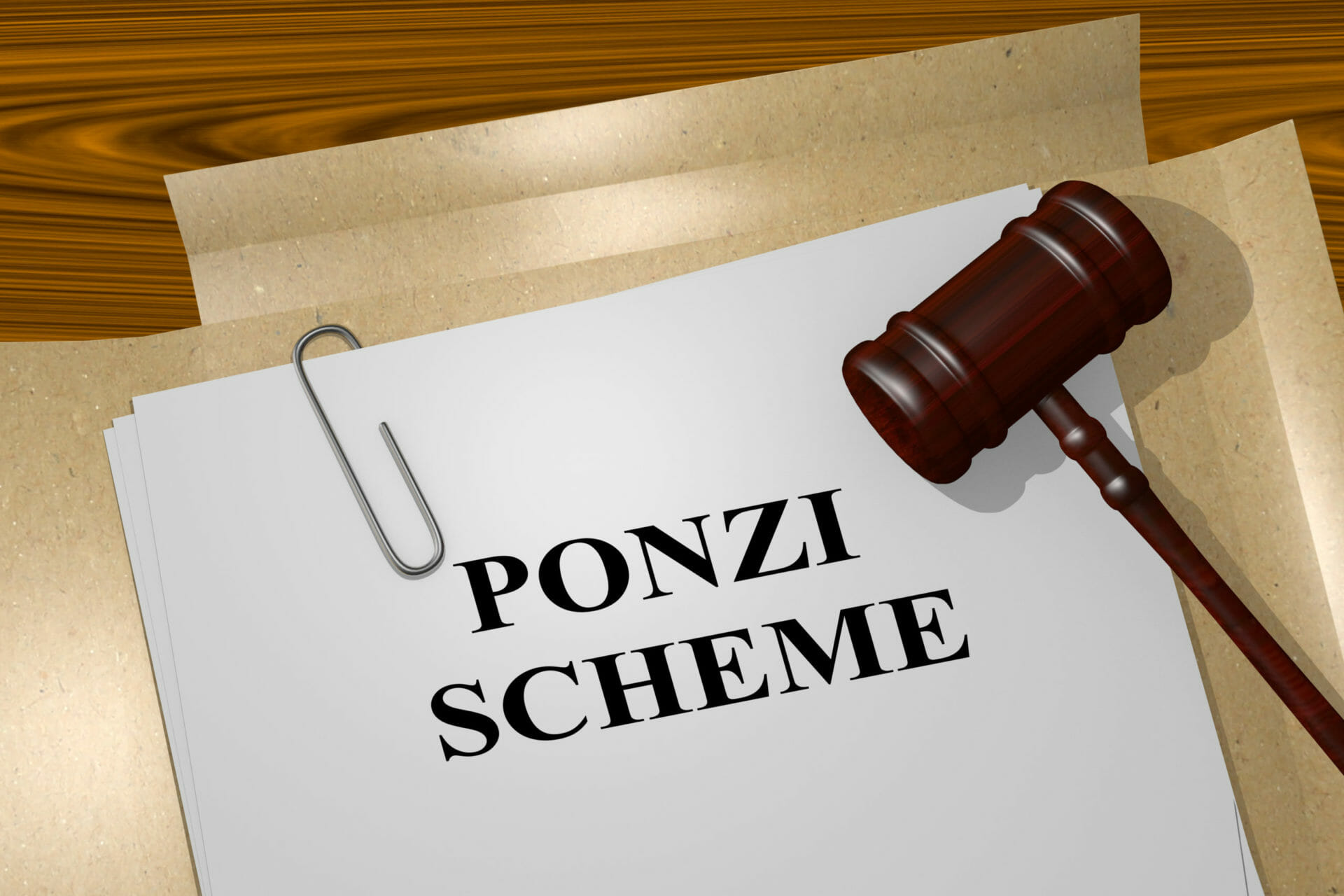From board games to drive-in movies, a whole raft of retro activities have made a comeback amid the COVID-19 pandemic. Unfortunately, fraudsters also have been busy reviving a blast from the past—the Ponzi scheme.
During the last two years, financial fraud investigations by the federal government have yielded indictments against several fraudsters whose elaborate Ponzi schemes have taken investors for hundreds of millions of dollars. Last December, the Securities and Exchange Commission issued an investor alert noting that it had “recently experienced a significant uptick in tips, complaints, and referrals involving investment scams.”
The Ponzi scheme surge has continued into 2021. This year alone, the SEC has:
• charged three individuals and their affiliated entities with running a Ponzi-like scheme that raised over $1.7 billion from securities issued by a New York-based asset management firm and registered investment adviser, GPB Capital.
• taken action against a Los Angeles-based actor and his company, 1inMM (one in a million) Capital, LLC in connection with an alleged Ponzi scheme that raised more than $690 million. Investors were told the company was buying film rights, purportedly to resell them to Netflix and HBO, the SEC said.
• halted an alleged Ponzi scheme and misappropriation of investor proceeds perpetrated by a Melbourne, Fla., man who is accused of raising at least $17.1 million from more than 100 investors in a series of fraudulent securities offerings.
A PERFECT PONZI CLIMATE?
Ponzi schemes never really went away, of course. They have simply faded from the headlines since their heyday during the Great Recession, when frauds by the likes of Tom Petters, Allen Stanford, and most famously, Bernie Madoff, were uncovered.
Quoting several financial fraud investigation experts, a recent article in Fraud magazine, the Association of Certified Fraud Examiners publication on white-collar crime and fraud examination techniques, noted that the pandemic “is creating the perfect conditions” for an increase in Ponzi schemes. “A booming stock market, the uncertainty over the pandemic and its economic consequences, plus an abundance of government stimulus money, create an ideal climate for Ponzi schemes to flourish — and explode, say some experts,” the article said.
Fraudsters are creating schemes to exploit pandemic-related economic fears and to take advantage of the FOMO (“fear of missing out”) effect—where investors take chances to ensure they do not miss out on the bull market gains of the last several years. The economic recovery may be extending the lifespan of some schemes, as well. When growth slows again or the stock market stumbles, more Ponzi schemes will likely fail. According to the Fraud magazine article, a market slowdown “would make it harder for fraudsters to find new investors and force them to default on payments to earlier investors.”
While the present crop of Ponzi schemes may not be as large in scale as the ones perpetrated by Madoff and others, their impact could be particularly hard-felt by less-sophisticated investors. As the article noted, the Madoff scheme targeted high net worth professional investors. Smaller schemes “tend to cause bigger losses to their investors,” the article said, with victims likely to see only “10 to 20 cents on the dollar paid back to them.”
DUE DILIGENCE IS A MUST
To avoid being sucked into a Ponzi scheme, investors should conduct due diligence into the individual or company who will be investing their money. Even a simple Google search can be helpful in uncovering a potential fraudster. Investors should question:
• Guaranteed High Investment Returns. High returns? Little or no risk? These are classic pitches of fraudsters engaged in Ponzi schemes. No investment is risk free, and high returns usually accompany high risk. Be skeptical of guaranteed returns that seem higher than any standard measures of performance, such as the S&P 500 index.
• Unlicensed and Unregistered Sellers. Not surprisingly, most of the individuals or firms engaged in Ponzi schemes are not licensed or registered. A seller’s registration or licensing status to sell investment products can be obtained via the freely available “Check Out Your Investment Professional” search tool on Investor.gov.
• Overly Consistent Returns. The value of an investment tends to fluctuate over time. If an investment generates steady positive returns no matter the economic or market conditions, proceed with great caution.
• Urgent Opportunities. Investors should question opportunities that are presented with a sense of urgency and that require immediate investment. Time pressure is a tactic often used by fraudsters to break down an investor’s defenses.
Ponzi schemes prey on people’s dreams of wealth and security, and fraudsters use times of uncertainty and change, such as the current COVID-19 pandemic, to lure victims into their scams. The old axiom applies: If it sounds too good to be true, it probably is.
To learn more about our financial fraud investigation capabilities, contact us for a consultation.

